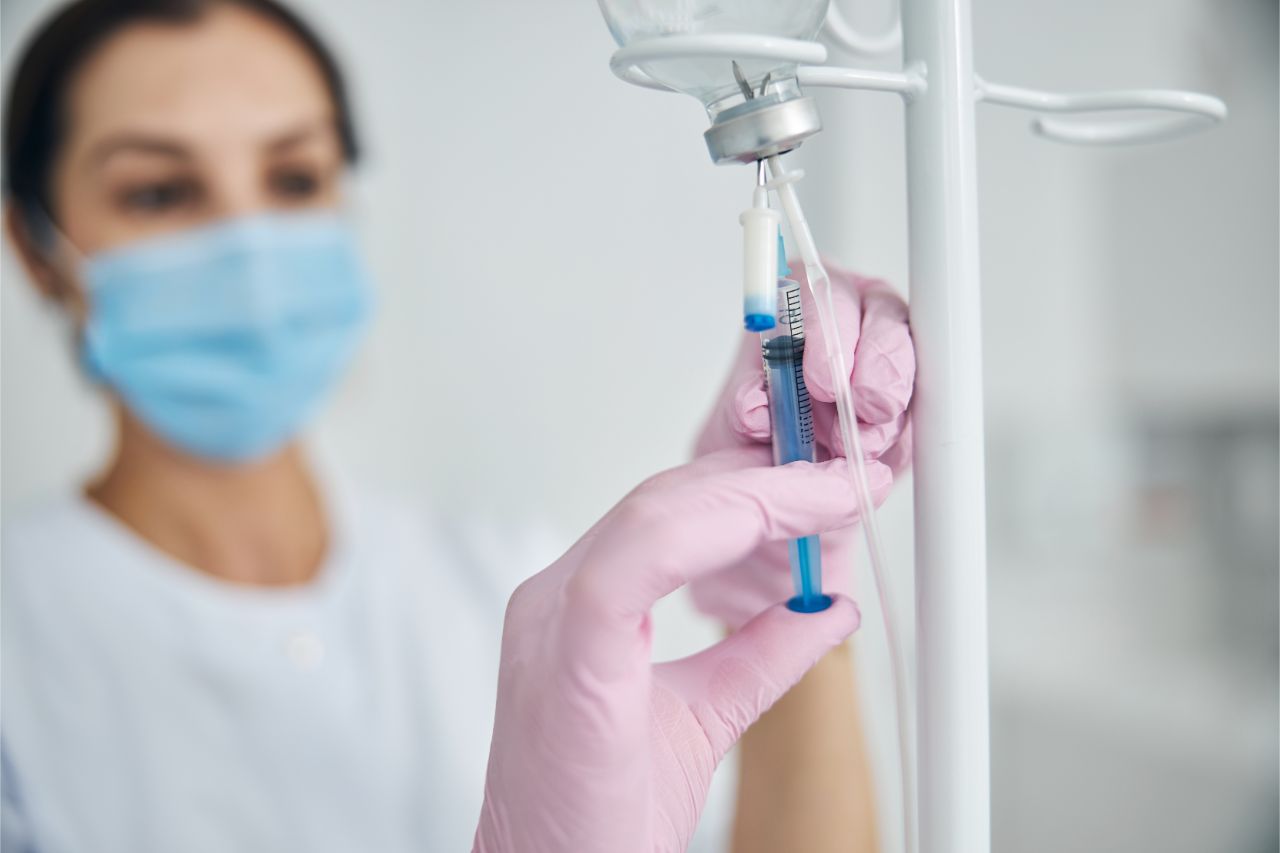Low energy, reduced motivation, and changes in physical performance can often be dismissed as natural parts of aging. However, these symptoms may point to a hormonal imbalance—specifically low testosterone levels. For men experiencing these changes, Testosterone Replacement Therapy can be a life-changing solution. Recognizing the signs early is the first step toward regaining vitality, strength, and overall wellness.
Understanding Testosterone and Its Importance
Testosterone is the primary male sex hormone, essential for maintaining muscle mass, bone strength, energy levels, mood, and sexual health. When testosterone levels drop below healthy ranges, it can cause noticeable physical, emotional, and cognitive changes. Testosterone Replacement Therapy restores balance, allowing the body to function optimally.
Why Testosterone Declines
Testosterone naturally decreases with age, but other factors—such as stress, poor nutrition, lack of sleep, chronic illness, or certain medications—can accelerate this decline. Identifying the cause helps determine whether Testosterone Replacement Therapy is the right option.
Common Signs You Might Need Testosterone Replacement Therapy
Low testosterone can present itself in many ways. Here are some of the most common symptoms that may indicate you could benefit from Testosterone Replacement Therapy:
1. Persistent Fatigue
Feeling constantly tired, even after a full night’s sleep, may be a sign of low testosterone. Testosterone Replacement Therapy can help restore energy and stamina.
2. Reduced Muscle Mass and Strength
If your workouts are less effective and you’re losing muscle despite regular exercise, low testosterone could be the cause. Testosterone Replacement Therapy supports muscle growth and faster recovery.
3. Weight Gain and Increased Body Fat
A drop in testosterone can slow metabolism and lead to fat accumulation, especially in the midsection. Testosterone Replacement Therapy can help reverse this trend.
4. Low Libido and Sexual Performance Issues
A reduced interest in sex or difficulty with performance can be linked to low testosterone. Testosterone Replacement Therapy often improves sexual desire and function.
5. Mood Changes and Irritability
Hormonal imbalance can cause mood swings, depression, or irritability. Testosterone Replacement Therapy can stabilize mood and improve emotional well-being.
6. Difficulty Concentrating or Memory Loss
Brain fog, poor focus, and forgetfulness are common with low testosterone. Testosterone Replacement Therapy can enhance mental clarity and cognitive performance.
How Vybrant Health and Wellness Can Help
At Vybrant Health and Wellness, we start with a thorough evaluation, including detailed lab testing, to measure your hormone levels. If low testosterone is identified, we create a personalized Testosterone Replacement Therapy plan that matches your health goals and lifestyle.
Safe and Effective Treatment
We offer multiple options for Testosterone Replacement Therapy, including injections, gels, and pellets. Each method is monitored closely to ensure safety and effectiveness.
Maximizing the Benefits of Testosterone Replacement Therapy
Lifestyle changes can enhance the effects of Testosterone Replacement Therapy.
Exercise and Nutrition
Strength training and a balanced diet help maintain muscle mass and overall health, complementing your therapy.
Adequate Rest and Stress Management
Quality sleep and stress-reduction techniques such as yoga or meditation support hormonal balance and recovery.
Conclusion
If you’ve noticed changes in your energy, strength, mood, or sexual health, low testosterone may be the cause. Testosterone Replacement Therapy offers a proven, medically supervised solution to restore your vitality and improve your quality of life. At Vybrant Health and Wellness, we provide customized treatment plans to help you feel and perform at your best. Don’t wait—recognizing the signs is the first step toward reclaiming your health with Testosterone Replacement Therapy.



